All-Purpose Cleaners
Versatile cleaners for daily maintenance on multiple surfaces. Safe, effective formulas for offices, homes, and facilities.
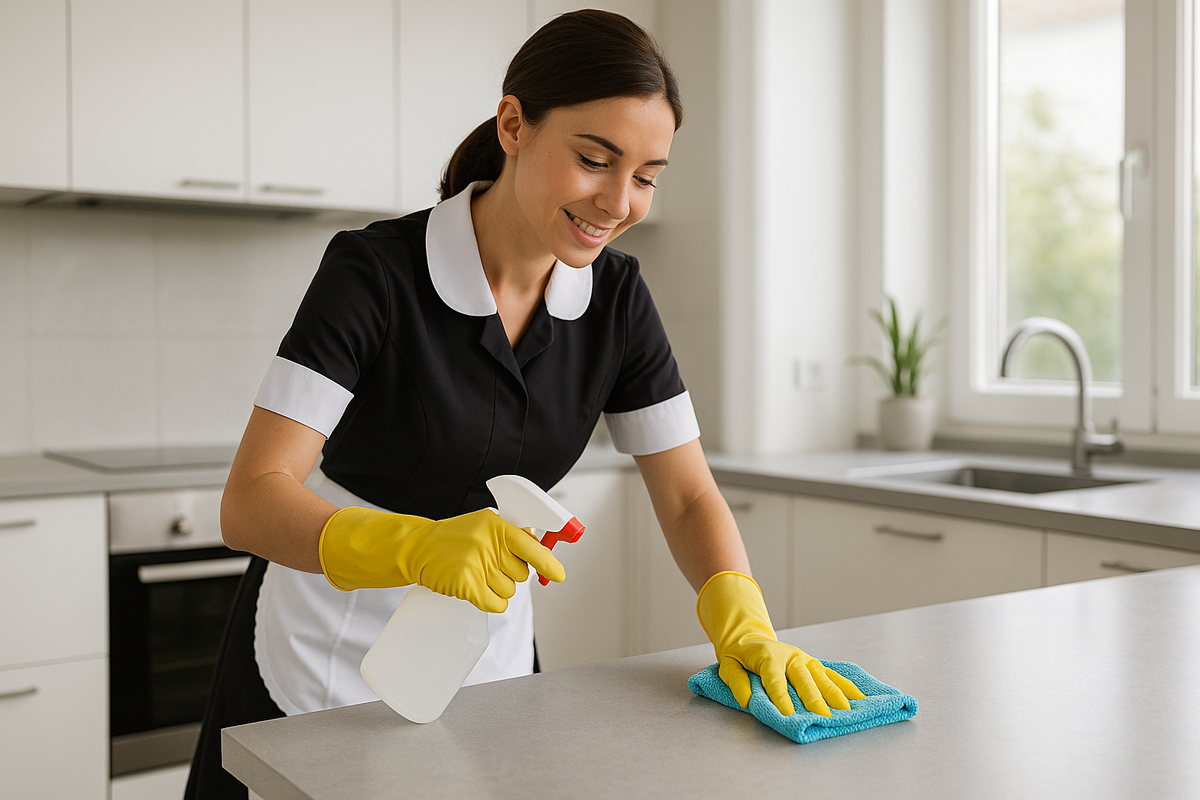
Professional janitorial and cleaning supplies for facilities, offices, and homes. Our commercial-grade formulas deliver superior cleaning power while maintaining safety and efficiency. From all-purpose cleaners to industrial degreasers, find the right solution for every cleaning challenge. Jump to All-Purpose Cleaners, Heavy-Duty Degreasers, Specialty Cleaners, or Hand & Dish Soaps—or see all products ↓.
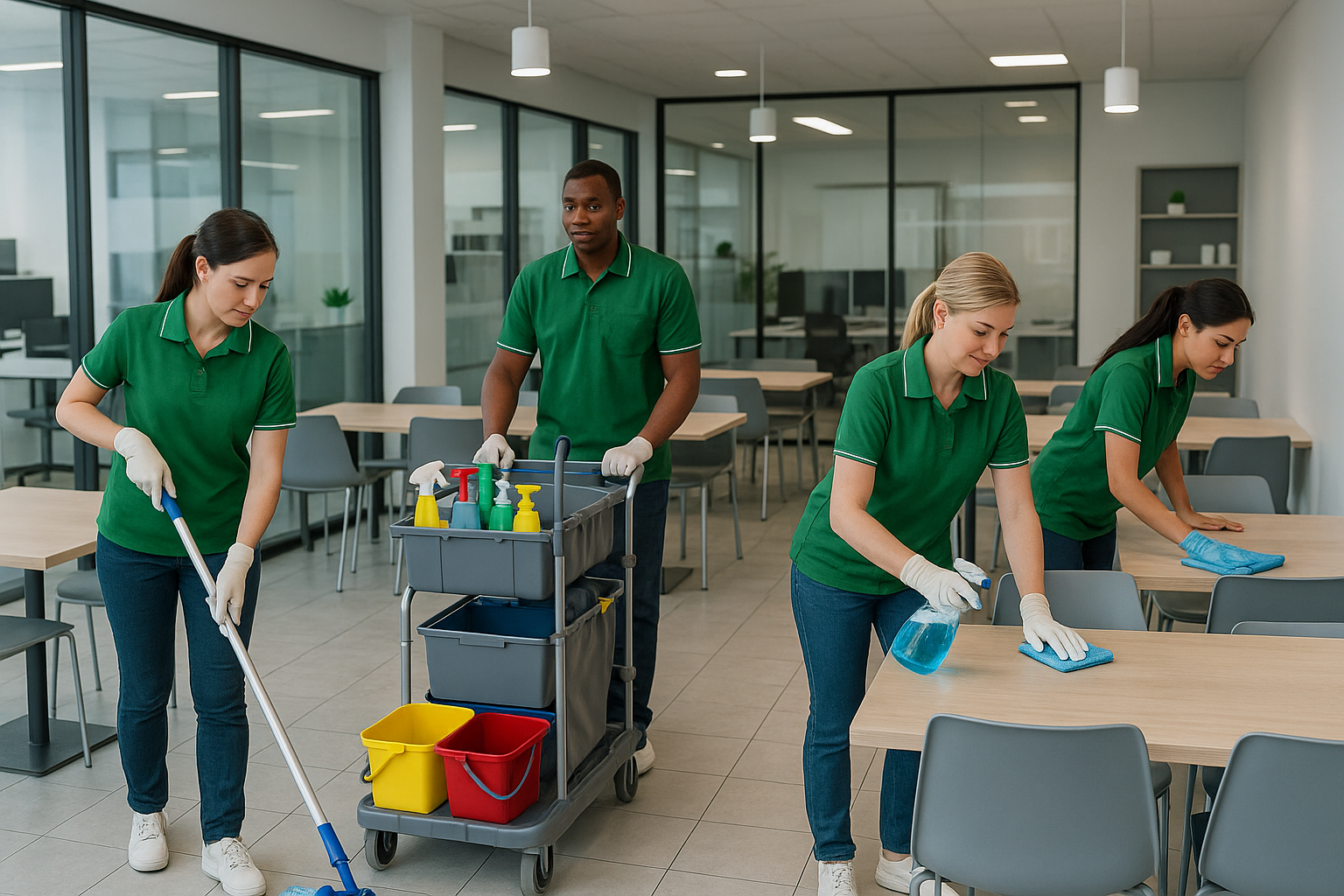
Versatile cleaners for daily maintenance on multiple surfaces. Safe, effective formulas for offices, homes, and facilities.

Industrial-strength formulas tackle the toughest grease, oil, and grime. Perfect for kitchens, garages, and equipment.
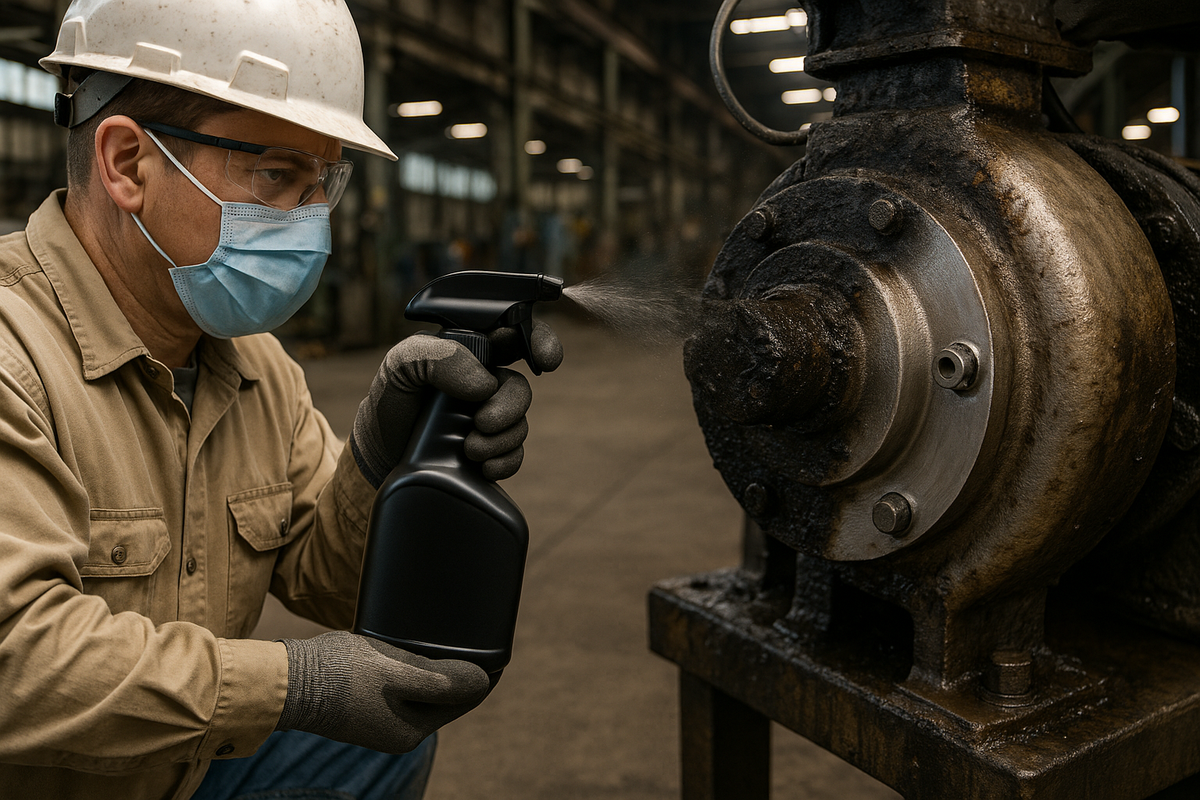
Targeted solutions for specific surfaces. From streak-free glass to heavy-duty oven cleaning.
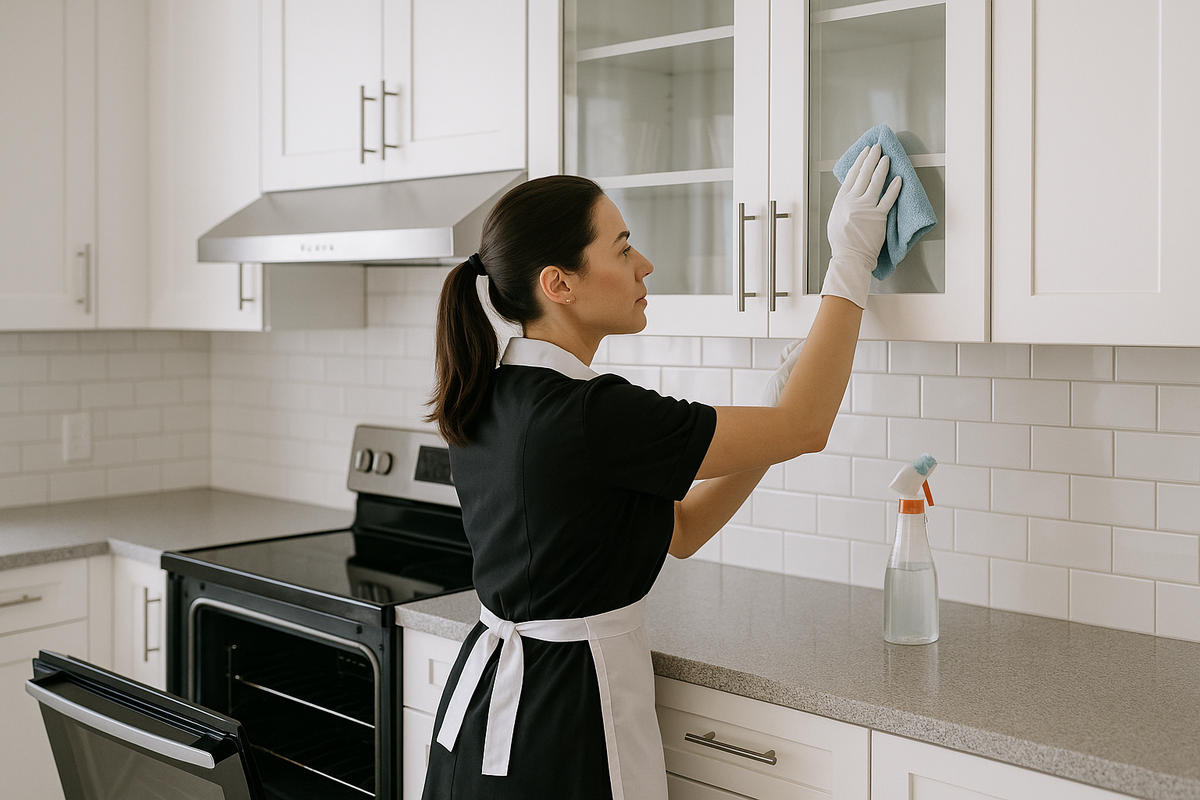
Gentle yet effective soaps for hands and dishes. Commercial-grade formulas that clean without harsh chemicals.
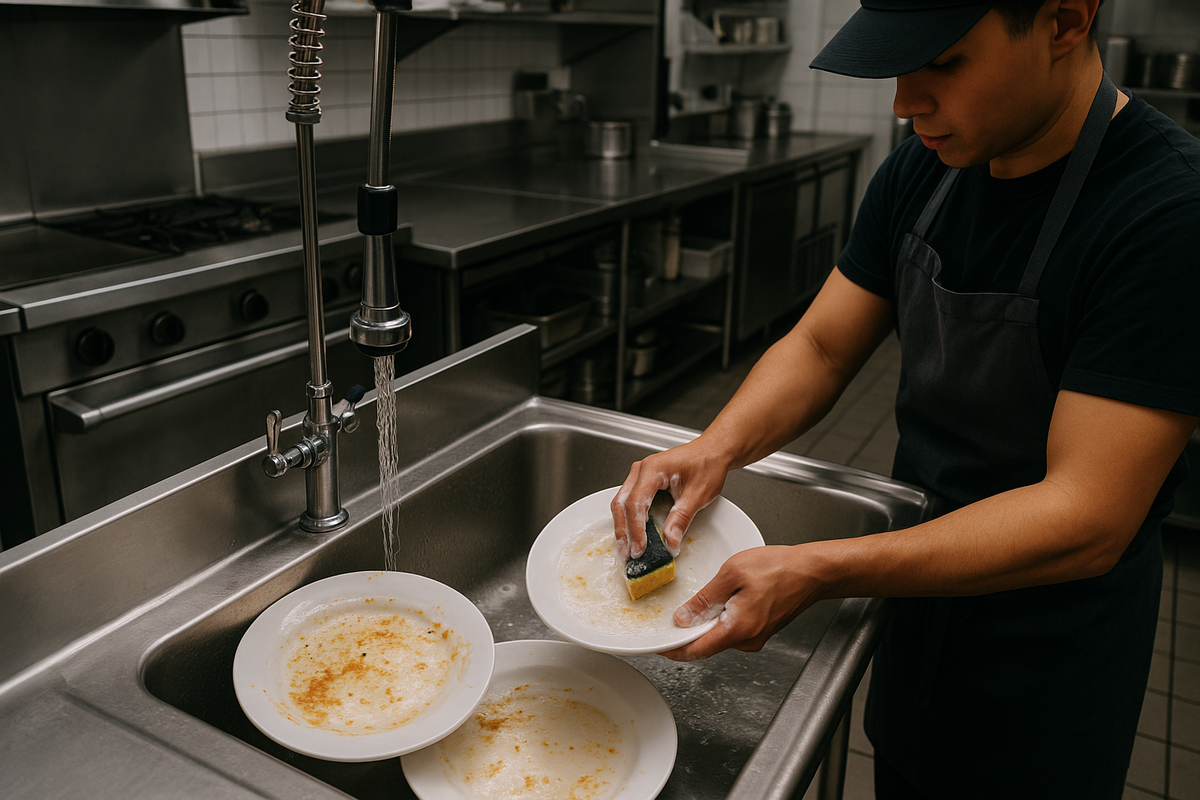
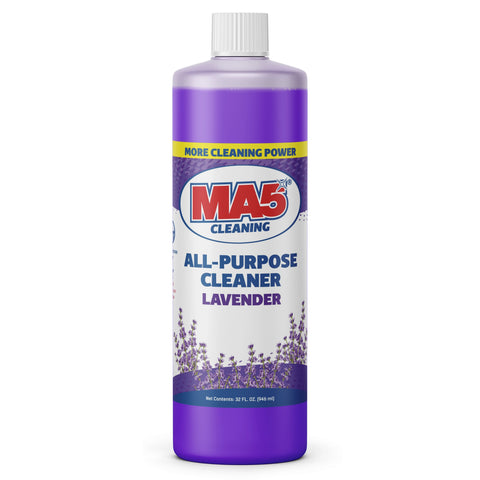
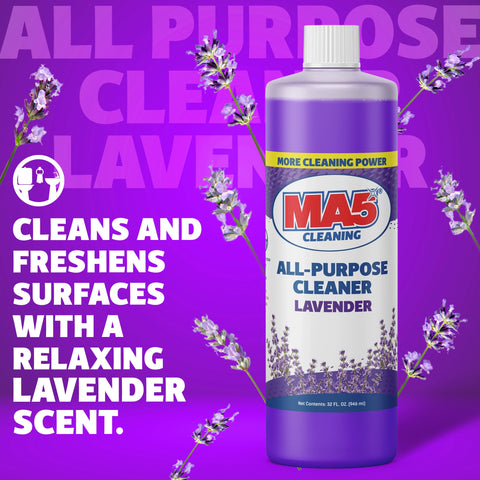
All-purpose cleaners are formulated for everyday cleaning of multiple surfaces like counters, walls, and floors, removing light soil and maintaining cleanliness. Degreasers contain stronger surfactants specifically designed to break down heavy oils, grease, and petroleum-based soils. Use all-purpose cleaners for routine maintenance and degreasers for kitchen equipment, garage floors, and industrial machinery.
Yes, when used as directed. Commercial-grade cleaners are formulated for effectiveness and efficiency, not necessarily higher toxicity. Always follow dilution instructions, ensure proper ventilation, wear appropriate protective equipment, and store products safely away from children and pets. Many professional cleaners actually use the same products in both commercial and residential settings.
Never use vinegar cleaners on natural stone (marble, granite, limestone), hardwood floors, cast iron, aluminum, or electronic screens. The acid in vinegar can etch stone, strip floor finishes, cause metal corrosion, and damage protective coatings. Vinegar works excellently on glass, ceramic, sealed tiles, and most bathroom surfaces.
Choose concentrates for regular, high-volume cleaning—they're more economical and reduce plastic waste. A gallon of concentrate can make 10-64 gallons of cleaning solution. Ready-to-use products are ideal for quick jobs, spot cleaning, or when precise mixing isn't practical. Consider your usage frequency, storage space, and whether staff will properly dilute concentrates.
Always clean first, then disinfect. Cleaning removes dirt, grease, and organic matter that can shield germs from disinfectants. Apply your cleaner, wipe or scrub the surface, rinse if needed, then apply disinfectant and allow the required contact time (usually 30 seconds to 2 minutes). This two-step process ensures maximum effectiveness.
Never mix cleaning products unless specifically directed by the manufacturer. Mixing can create dangerous chemical reactions—bleach and ammonia produce toxic chloramine gas, bleach and acids create chlorine gas, and hydrogen peroxide and vinegar form peracetic acid. Use products separately and rinse between applications for safety.
At minimum, wear chemical-resistant gloves for all cleaning tasks. For concentrated products, degreasers, and oven cleaners, add safety glasses or goggles. Use respiratory protection in poorly ventilated areas or when using aerosols. Commercial kitchens and healthcare facilities may require additional PPE based on specific regulations.
Store in a cool, dry, well-ventilated area away from heat sources and direct sunlight. Keep products in original containers with labels intact. Separate incompatible chemicals (acids from bases, oxidizers from organics). Use locked storage for concentrated chemicals. Maintain spill kits and Safety Data Sheets (SDS) for all products in commercial settings.
Most unopened commercial cleaners last 2-3 years when properly stored. Bleach-based products lose effectiveness after 6-12 months. Concentrated products generally last longer than ready-to-use formulas. Check for changes in color, consistency, separation, or odor. Date products when opened and rotate stock using first-in, first-out method.
Follow manufacturer instructions exactly—more is not better. Common ratios range from 1:10 (heavy duty) to 1:256 (light duty). Use measuring cups, portion control systems, or automatic dilution equipment for accuracy. Test cleaning effectiveness and adjust within recommended ranges. Document your standard dilutions for consistency across staff.